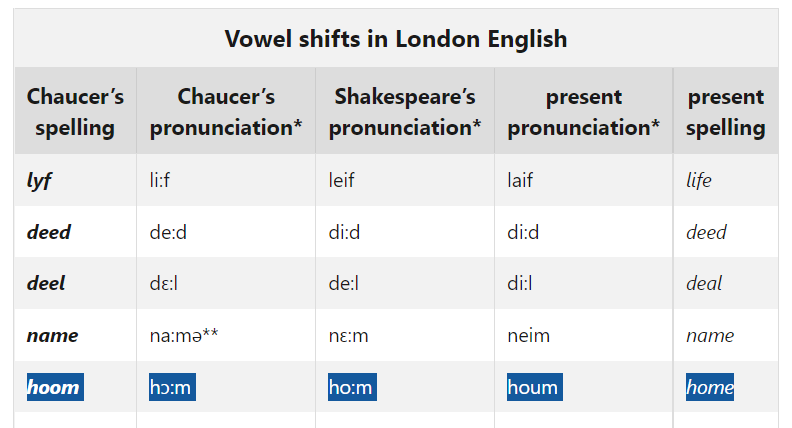While it's possible that the words were meant to be pronounced with exactly the same vowel sound, it seems more probable to me that this is either an "eye rhyme" (where non-rhyming words are used as a rhyme because they are spelled the same way) or just a partial/near rhyme (where words ending in the same consonant but with different vowel sounds are used as rhymes).
Given the use of ABAB rhyme scheme in the majority of verses, I would also interpret snares and far as an intended partial or eye rhyme, which would show that this device was being used in the hymn.
Historical development of vowels in home and come
In Old English, home was pronounced [hɑːm] and spelled <ham>, and come was pronounced [kum] <cum>- + inflectional endings (e.g. the past participle was [(je)kumen] <(ge)cumen>; also [(je)kymen] <(ge)cymen>).
In Middle English, the vowel in home regularly became [ɔː], and the word accordingly developed spellings with o like <hom> and <hoom>. Then in Early Modern English, [ɔː] became [oː] or [oʊ], giving us the modern pronunciation.
The Oxford English Dictionary mentions other spellings of home that seem to correspond to alternative pronunciations in different accents, such as hum and whum—see Kitschgardener's answer for more definite evidence about pronunciations of home with a short vowel. However, I think that these are probably not relevant to the use in Amazing Grace.
The vowel in come remained short [u] in Middle English, and may have continued to have this value up into Early Modern English. By the 17th century, a sound change caused [u] to develop into an unrounded vowel, modern [ʌ], in some words (including come) (the general sound change is mentioned in The Cambridge History of the English Language, Roger Lass, 2000, page 89). It is possible that a variant form of come with a lengthened vowel developed, but lengthening of [u] would be expected to result in Middle English [oː], Early Modern English [uː] (as in doom), which would be close but not identical to the vowel found in home in the accents that the Modern English forms are descended from.
Early Modern English poets do seem to have used near-rhymes
Rather than this pair of words having a completely identical vowel for John Newton when he was writing Amazing Grace, I think it's more likely that the identical spelling, and the historical similarity of the vowels (before the change of short /u/ to /ʌ/, both words had vowels sharing the phonetic features of "back" and "rounded"), meant that there was already a convention in poetry of treating pairs like these as possible rhymes regardless of whether they were or were not perfect ear rhymes for the author.
For comparison, there is evidence that the 18th-century poet Alexander Pope treated as rhymes some pairs of words spelled with o, ow or u that did not have exactly the same vowel sounds; I go over some examples in my answer to the previous question Pronunciation of "lost".

